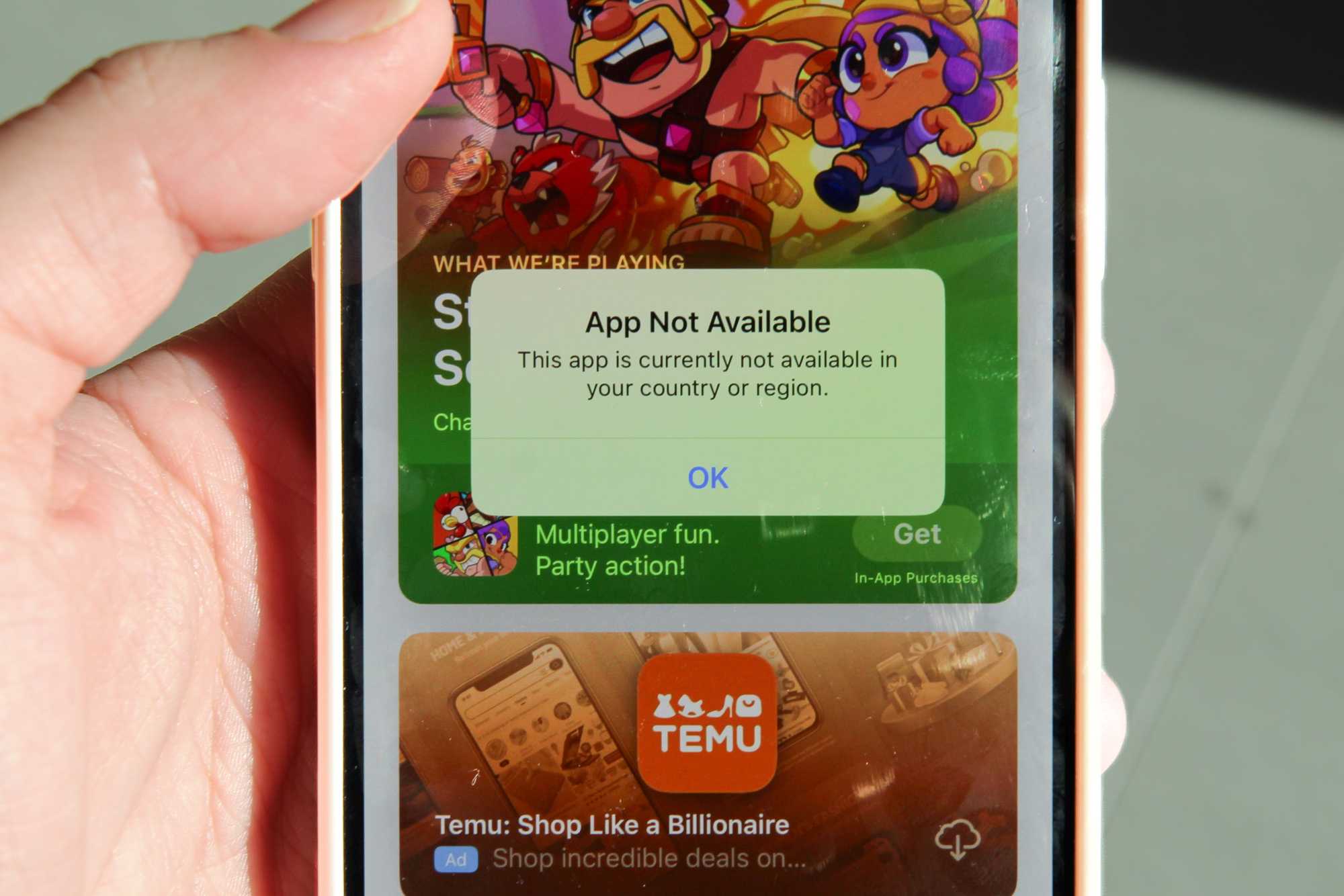While TikTok is now back online in America, the app’s return and potential for a future ban have raised concerns among the Boston community.
TikTok shut down for users in the U.S. on Jan. 18, one day ahead of a scheduled ban, but became accessible on Monday.
The ban stems from a bill passed by the U.S. Senate in April, calling for TikTok’s parent company, ByteDance, to sell the app by Jan. 19 or face its removal from U.S. app stores and hosting services.
While TikTok challenged the law, the Supreme Court backed a new law to ban the social media platform in a unanimous decision Friday, saying the ban did not violate the First Amendment.
“[The decision is] not restricting a specific kind of speech or a specific message, and the law is completely agnostic to those messages,” said David Stein, an assistant professor of law and computer science at Northeastern University. “That means that it’s not really a First Amendment issue, and so that’s why you’re seeing a unanimous Supreme Court.”
Stein said the law was primarily concerned with national security rather than infringing on free speech.
“Having a foreign government see where every single one of your citizens is at all the time and what they’re up to is absolutely a threat,” Stein said. “If that’s what the law is pointing at, that’s not a First Amendment thing.”
City Councilor Edward Flynn also expressed concerns about foreign control of social media, writing in an email to The Daily Free Press that platforms like TikTok should not be “under the control of foreign countries.”

“They may access user data and personal information (keystroke patterns, camera, microphones, videos, contacts), as well as the ability to influence public opinion about our youth through algorithms or propaganda,” Flynn wrote.
When the app was brought back online in the U.S., users received a notification crediting President Donald Trump for the app’s return.
Caitlin Murphy, a resident of Boston, said the message crediting Trump was “very weird.”
“The message of it gave propaganda vibes to me,” Murphy said. “It’s just very shady to me, and I’m kind of disheartened by it.”
Lily Gustafson, a senior at Suffolk University, also said the message was “stupid” and “crazy.”
Murphy also said banning TikTok detriments creators and businesses on the app.
“It’s sad for all the creators and all the small businesses that use and have a lot of success with TikTok,” Murphy said. “There’s a lot of everyday working Americans that rely on it now for both their living and their businesses.”
Beyond the issue of national security and business impact, many Bostonians raised concerns about the infringement on free speech.
Murphy said she feels a ban “would definitely hinder our First Amendment rights.”
“We already have a lot of censorship or leaning biases on other platforms,” Murphy said. “I feel like TikTok was one of the only ones we still had free speech.”
Gustafson said users should have the “freedom of speech to say whatever” they want to on the app.
Miguel Cordero, who also resides in Boston, said after Monday, he noticed his TikTok app now categorizing hate speech, and he was unable to search certain terms, such as “fascism.”
“They took it away and brought it back different,” Cordero said. “If they’re censoring what you can and can’t post and what you can and can’t say, then it’s not really free speech anymore.”
















































































































